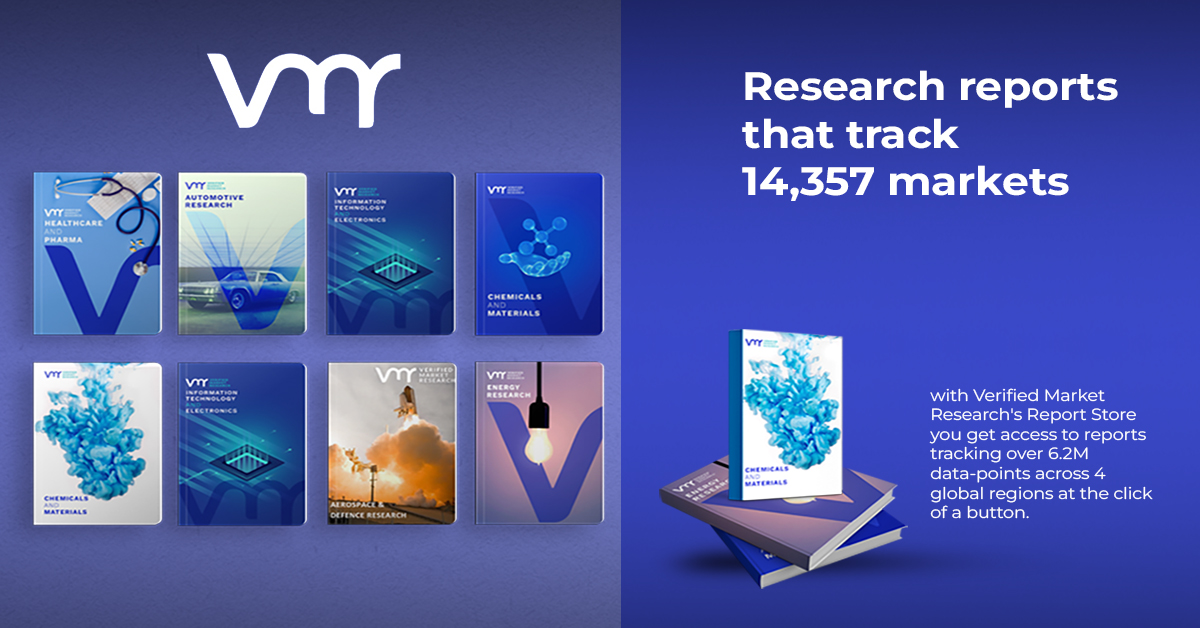Navigating Key Developments in the Customs Services Market
The customs services market has seen significant transformations in 2024, influenced by evolving trade regulations, advanced digital tools, and geopolitical shifts. These changes highlight the need for businesses to stay informed and agile to maintain compliance and efficiency in international trade operations. Below is an analysis of the latest developments shaping this dynamic sector.
1. Regulatory Shifts and Compliance Updates
- European Union’s Combined Nomenclature: Effective January 2024, updates to the EU Combined Nomenclature (CN) impact the declaration of goods during importation, exportation, or intra-Union trade. These changes refine tariff classifications and statistical data, necessitating businesses to update their records and templates to avoid costly delays or fines.
- UK’s Border Target Operating Model (BTOM): Implemented in phases starting January 2024, the BTOM introduces health certifications for medium-risk animal and plant products and streamlines processes for low-risk items. This initiative aims to create a seamless post-Brexit border system while emphasizing risk management.
- Import Control System 2 (ICS2): By March 2024, the third phase of ICS2 mandates pre-arrival safety and security filings for all goods entering or transiting through the EU. Businesses must ensure technical readiness, including acquiring an Economic Operators Registration and Identification (EORI) number, to comply with new submission protocols.
2. Technological Advancements in Customs Processes
Digital transformation remains pivotal for the customs services market. New tools and platforms are helping businesses manage complex customs requirements:
- Blockchain Integration: By ensuring data transparency and reducing fraud risks, blockchain is being adopted to streamline customs documentation and traceability.
- AI-Driven Compliance Systems: AI systems are being used to monitor trade compliance, flag potential violations, and automate repetitive tasks.
- Self-Conformance Testing Tools: With ICS2’s third phase, tools for system readiness testing are becoming essential. These ensure businesses can handle new data exchange standards.
3. Free Trade Agreements and Cross-Border Trade Enhancements
- EU-Japan Economic Partnership Agreement (EPA): In December 2023, the EU and Japan finalized amendments to their EPA, simplifying digital trade and eliminating local data storage requirements. This move enhances operational efficiency for industries such as e-commerce, finance, and logistics.
- US-Mexico-Canada Agreement (USMCA): This agreement continues to provide clarity on trade rules in North America, supporting supply chain stability amid global uncertainties.
4. Sustainability and Environmental Compliance
The customs services market is increasingly influenced by environmental concerns:
- EU’s Carbon Border Adjustment Mechanism (CBAM): Transitioning into force in 2024, CBAM mandates emission reporting for imported goods. This step ensures alignment with EU’s net-zero goals, urging businesses to integrate sustainability into their customs strategies.
5. Challenges and Opportunities
While these developments present opportunities for efficiency and cost reduction, they also bring challenges:
- Geopolitical Risks: Tensions in trade relations, such as between the US and China, influence customs regulations and create uncertainty for multinational businesses.
- Data Protection: As digital customs tools expand, protecting sensitive trade data becomes a priority to avoid cybersecurity threats.
6. Adopting Strategic Partnerships
Many businesses are turning to customs consultants to navigate regulatory changes effectively. Trusted partners offer expertise in leveraging free trade agreements and optimizing customs processes, shifting operations from reactive to strategic.
The customs services market is poised for growth, driven by regulatory updates, technological innovations, and sustainability imperatives. Businesses that invest in digital tools, stay ahead of compliance requirements, and adopt strategic partnerships will be better positioned to thrive in this evolving landscape. Staying informed and agile is no longer optional—it’s a competitive necessity.
For additional information on specific regulations and tools, consult authoritative sources like government advisories and industry leaders.










